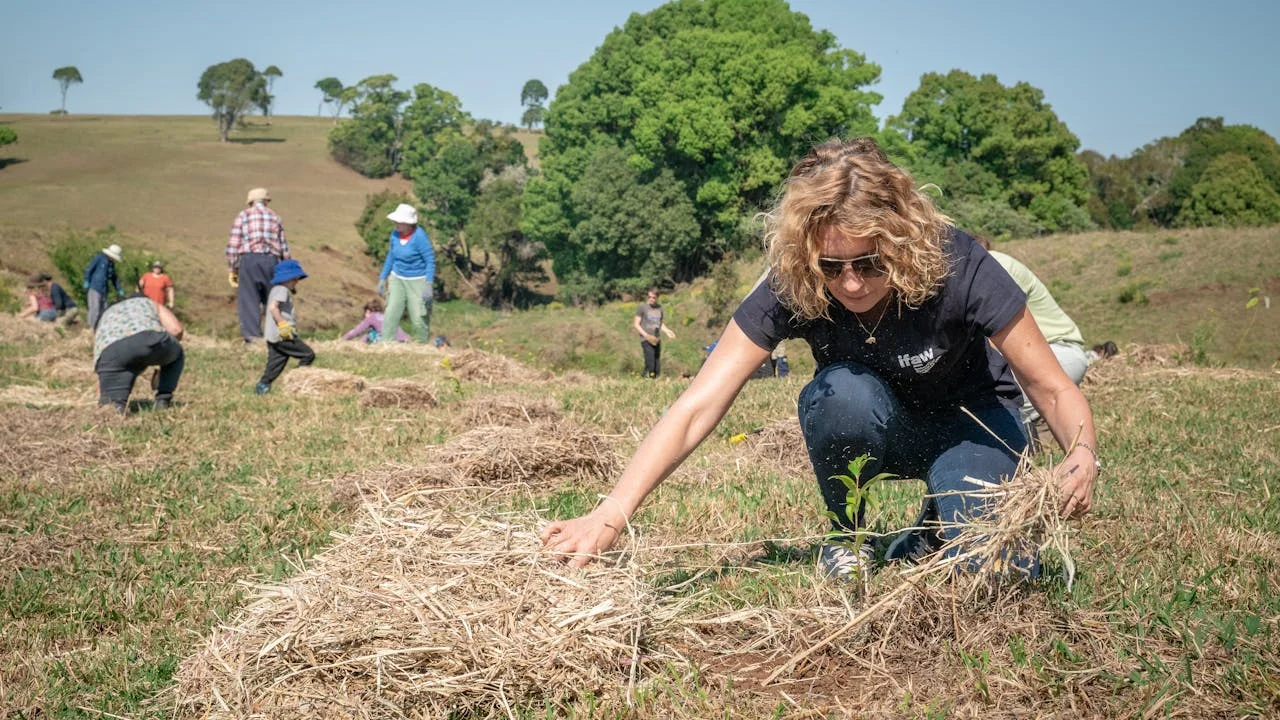
The U.S. International Development Finance Corporation (DFC) has announced a $50 million commitment to mobilize $1 billion for the BTG Pactual Timberland Investment Group’s (TIG) Latin American reforestation strategy. The announcement, made in Oslo, Norway, at the Tropical Forest Forum, was attended by White House Senior Advisor John Podesta, DFC Chief Climate Officer Jake Levine, and TIG Chief Sustainability Officer Mark Wishnie. This investment, initially highlighted by President Biden during the Major Economies Forum on Energy and Climate Change last year, marks DFC’s largest-ever carbon-negative transaction.
Jake Levine, DFC’s Chief Climate Officer, stated, “This is a groundbreaking transaction for DFC. It will sequester carbon equivalent to the annual emissions of two-thirds of a million vehicles, restore and protect a unique ecosystem, and catalyze investment in the Brazilian bioeconomy. We are proud of the innovative financing structure that incentivizes reforestation and regeneration in areas vital for promoting biodiversity and protecting critical watersheds. Collaborating with partners such as BTG Pactual’s Timberland Investment Group, the International Finance Corporation, and Conservation International is essential to realizing these transactions and leveraging the capital markets to finance natural climate solutions.”
TIG aims to generate commercial revenue while protecting and restoring critical habitats by investing in both fast-growing timber species and native ecosystems. Few commercial strategies dedicate half their land to restoration and conservation efforts, but TIG’s approach targets deforested land previously used for cattle ranching or low-intensity agriculture. Reforesting this land will integrate commercial, biodiversity, and greenhouse gas sequestration goals into a single strategy.
Gerrity Lansing, Head of TIG, said, “We commend the leadership of both the Biden Administration and the DFC for recognizing the crucial role that large-scale nature-based solutions – including forest protection, restoration, and sustainable management – can play for climate, biodiversity, and rural development. This is another important milestone for our strategy with Conservation International, which will deliver concrete outcomes on the ground.”
Mark Wishnie, TIG’s Chief Sustainability Officer, added, “This transaction with DFC, in addition to directly increasing the area of forest we can restore and sustainably manage, can help catalyze additional investment and enhance the positive impact of our investment through a sustainability-linked-loan structure that rewards actions improving water quality and enhancing habitat connectivity.”
This sustainability-linked loan structure offers better financial outcomes for TIG if the strategy meets specific KPIs designed to enhance biodiversity and water outcomes through connectivity corridors for plants and animals and watershed buffers that provide ecosystem services for natural water infrastructure.
The strategy focuses on the conservation, restoration, and planting of deforested and degraded properties in selected regions in Latin America, including the Cerrado biome in Brazil, one of the most biodiverse, seasonally dry ecosystems in the world. Approximately half of the Cerrado has already been converted to other uses, and the biome continues to face high rates of commodity-driven deforestation.
With Conservation International’s support, the strategy aims to protect and restore approximately 135,000 hectares (over 330,000 acres) of natural forests in deforested landscapes. It also seeks to plant millions of trees in sustainably managed commercial tree farms, independently certified to Forest Stewardship Council™ standards, on another approximately 135,000 hectares of previously deforested and degraded land. To date, TIG has invested in 37,000 hectares, planted over 7 million seedlings, and initiated restoration of approximately 2,600 hectares of natural forest.




